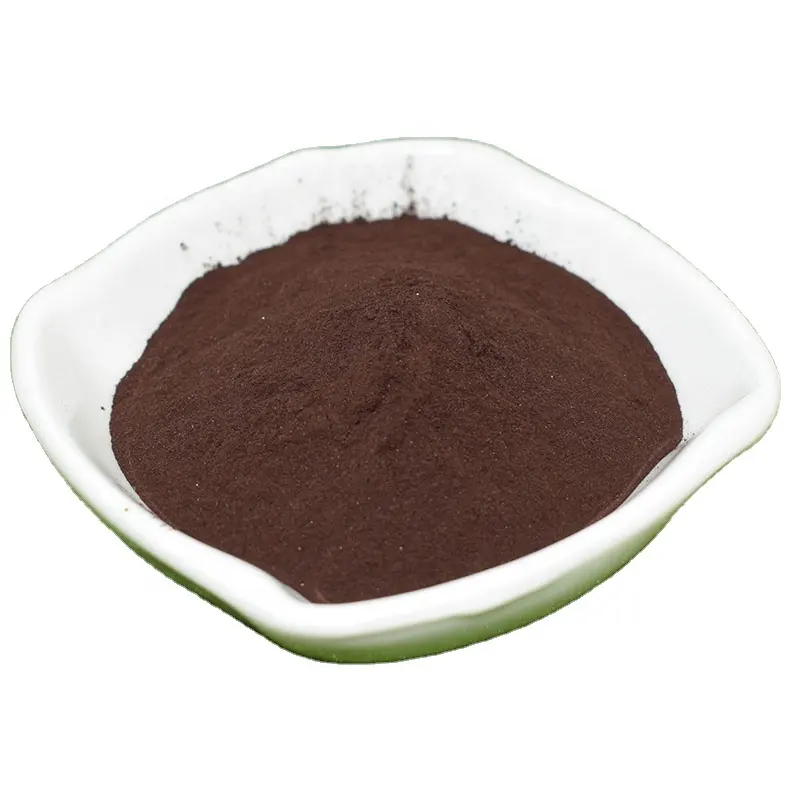
Dec . 10, 2024 21:50 Back to list
Top Organic Fertilizers for Enhanced Phosphorus and Potassium for Your Plants
The Benefits of Organic Phosphorus and Potassium Fertilizers for Sustainable Agriculture
In the world of agriculture, achieving optimal soil health and crop productivity is essential for sustainable farming practices. Among the various nutrients needed for plant growth, phosphorus (P) and potassium (K) play pivotal roles. These nutrients are vital for root development, flowering, and overall plant vigor. As concerns about chemical fertilizers and their environmental impact grow, many farmers and gardeners are shifting their focus towards organic fertilizers to improve soil fertility. This article explores the best organic sources of phosphorus and potassium, their benefits, and how they contribute to sustainable agriculture.
The Importance of Phosphorus and Potassium
Phosphorus is crucial for energy transfer and storage within plants. It is a vital component of ATP (adenosine triphosphate), which fuels various biochemical reactions necessary for growth. Phosphorus also contributes to root development and flowering, making it essential for robust crop yields. On the other hand, potassium is integral to regulating several physiological processes, including water uptake, enzyme activation, and photosynthesis. It strengthens plants’ resistance to diseases, increases drought tolerance, and improves overall crop quality.
Organic Sources of Phosphorus
1. Bone Meal Made from finely ground animal bones, bone meal is one of the richest organic sources of phosphorus. It contains approximately 15-20% phosphorus and is slow to release, providing a steady supply of nutrients to plants over time. It is particularly beneficial when planted in the fall, allowing the nutrients to become available as the growing season commences.
2. Rock Phosphate A natural mineral resource, rock phosphate contains around 30-40% phosphorus. It is a slow-release fertilizer that is effective in acidic soils. To enhance its effectiveness, it can be combined with compost or used in conjunction with other organic amendments.
3. Fish Emulsion This liquid fertilizer is derived from fish by-products and is rich in nutrients, including phosphorus. Fish emulsion not only feeds plants but also improves soil microbial activity, enhancing soil structure and fertility.
4. Composted Manure Manure from herbivorous animals like cows, horses, and chickens is an excellent source of phosphorus. When properly composted, it can provide a balanced supply of essential nutrients and improve soil texture.
Organic Sources of Potassium
best organic phosphorus and potassium fertilizer

1. Wood Ash A readily available organic material, wood ash is rich in potassium (up to 5-8%). It also contains calcium and magnesium, which can further benefit soil health. However, it should be used sparingly and tested for pH balance, as it can raise soil alkalinity.
2. Kelp Meal Derived from dried seaweed, kelp meal is a natural source of potassium as well as trace minerals. It promotes robust root systems and enhances plant resilience against stress conditions such as drought and pest pressure.
3. Green Manures and Cover Crops Certain plants, such as legumes and brassicas, can be grown and then tilled back into the soil to enhance potassium availability. These cover crops not only enrich the soil with nutrients but also improve soil structure and prevent erosion.
Advantages of Organic Fertilizers
- Environmental Sustainability Organic fertilizers are generally safer for the environment, as they are less likely to leach into waterways and cause pollution. They enhance soil health, promote biodiversity, and contribute to the stabilization of ecosystems.
- Improved Soil Structure Organic materials improve soil texture, aeration, and water retention capacity. Healthy soil is essential for robust plant growth and resilience against disease.
- Long-Term Benefits Unlike synthetic fertilizers, which can lead to nutrient depletion over time, organic fertilizers slowly release nutrients, ensuring a long-term supply and reducing the need for frequent applications.
Conclusion
The growing awareness of the importance of sustainable farming practices has led to a resurgence in the use of organic fertilizers, particularly those rich in phosphorus and potassium. By utilizing organic sources such as bone meal, rock phosphate, and wood ash, farmers can improve soil health and crop productivity. Embracing organic fertilizers not only promotes healthier plants but also contributes to the overall well-being of the environment, supporting a more sustainable future for agriculture. As we continue to seek solutions for our agricultural challenges, the adoption of organic fertilizers could be a key step towards achieving sustainability and food security.
-
Premium Organic Manure Compost for Eco Gardens
NewsAug.01,2025
-
Organic 10-10-10 Fertilizer | Balanced Plant Nutrients
NewsJul.31,2025
-
Premium Amino Acid Fertilizer | Rapid Plant Growth Booster
NewsJul.31,2025
-
10 10 10 Fertilizer Organic—Balanced NPK for All Plants
NewsJul.30,2025
-
Premium 10 10 10 Fertilizer Organic for Balanced Plant Growth
NewsJul.29,2025
-
Premium 10 10 10 Fertilizer Organic for Balanced Plant Growth
NewsJul.29,2025
